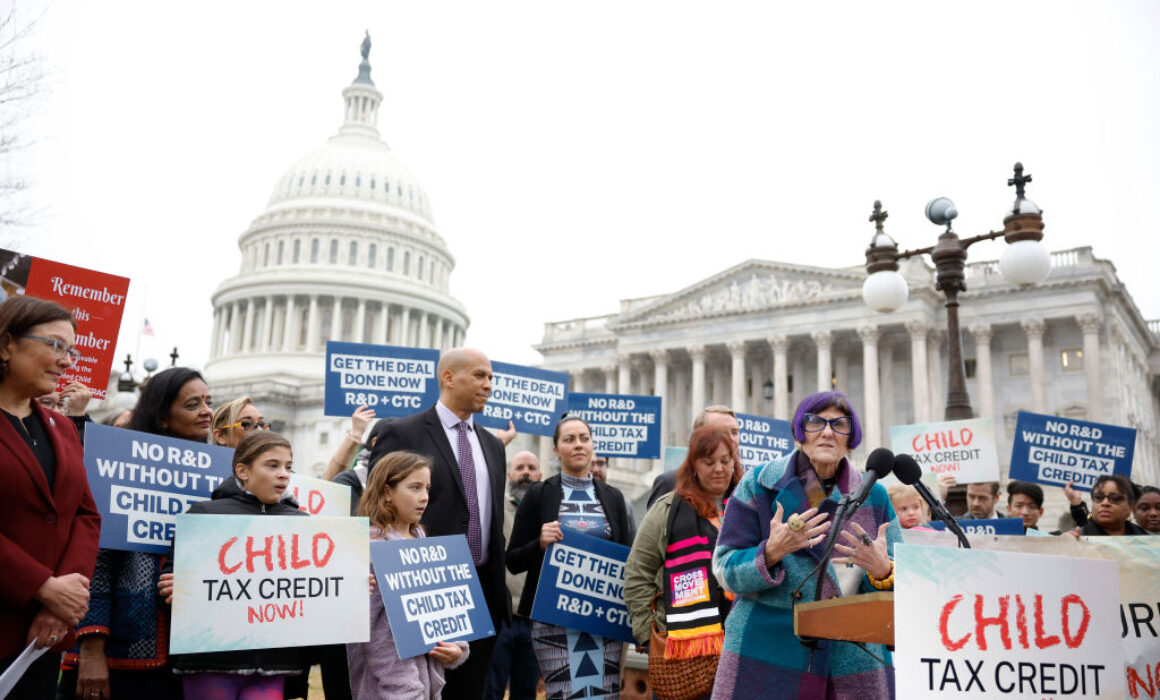What We’ve Learned about Policy Feedback
October 20, 2023

(Photo by Tasos Katopodis/Stringer/Getty Images)
How to Create Positive Policy Feedback Loops
In response to COVID and its economic fallout, policymakers took extraordinary measures, including emergency rental assistance, an expanded child tax credit, and a pause on student loan payments.
Many supporters of these pandemic interventions believed that their undeniable benefits would naturally lead to extensions or adoption of similar policies in the future—positive feedback loops in action.
That hasn’t quite been the case. And the expiration of these policies offers key lessons about how to nurture feedback loops going forward, Jamila Michener explains in a new report.
In Policy Feedback in the Pandemic: Lessons from Three Key Policies, Michener examines how policy design choices and existing political constraints create and limit the possibilities for policy feedback.
“The observations offered here suggest policy feedback pathways that build mass support and political wherewithal for key policies by shifting social constructions, building power, and catalyzing action among social groups that are particularly vulnerable . . . ” Michener writes.
Read more about when those processes are most likely to occur.
What We’re Talking About
🔈 The IRS will roll out its first free e-file tool in 13 states for the 2024 tax season!
Beyond giving families a free filing option, this new option will introduce competition into the tax filing industry where a few big companies have long-dominated.https://t.co/1CipU3HfGC
— Roosevelt Institute (@rooseveltinst) October 18, 2023
What We’re Reading
Big Oil Is Only Getting Bigger—and Meaner [by Roosevelt Fellow Kate Aronoff] – The New Republic
America’s New Growth Model – Financial Times
The 1970s Economic Theory That Needs to Die – The Atlantic